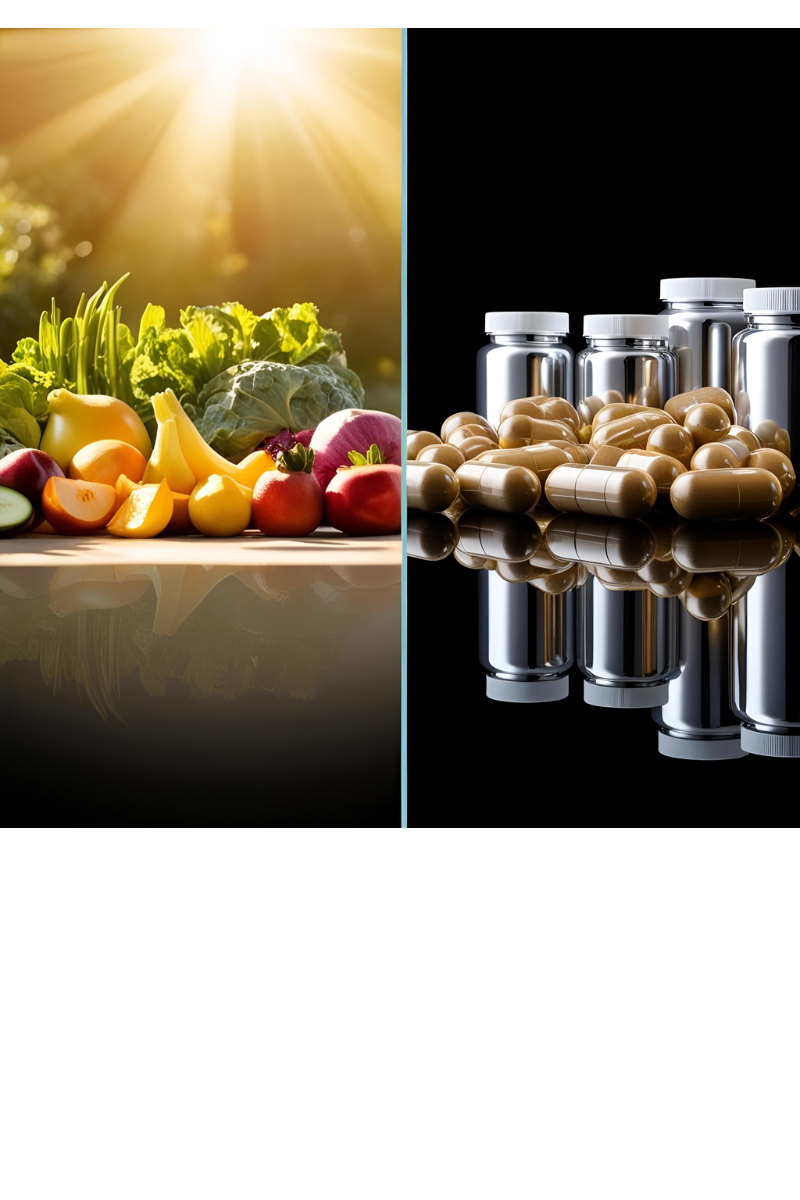
What Is Natural Anyway?
Derek LawrenceWe often hear this question in clinic sessions, "Is it natural?" or I'm looking for a "natural" version of a certain drug or compound.
I've always thought it an interesting exercise to define “natural”, because it means different things to different people.
Through the medical lens many people categorize “natural” as anything that is non-pharmaceutical in nature. The interesting component of that categorization is there are many pharmaceuticals that are derived from natural compounds. Penicillin, the world's oldest antibiotic and arguably most influential medication was discovered as a by-product/self defense compound of mold. In fact, the origins of pharmaceutical development are based on observations of the effects of natural compounds and these companies continue to scour the earth for natural compounds that have therapeutic properties.
Another angle to that “non-pharmaceutical as natural” argument that's always perplexed me is how natural is B12? Sure, it's found in our food and it's a supplement, but it's also made by pharmaceutical companies and dispensed with a prescription, sometimes in an injectable form. So is the supplement natural but the prescription not? Furthermore, how natural is a capsule or tablet of B12 anyway. It bears no resemblance to how we access this compound in nature. What about people with pernicious anemia, an autoimmune disease that affects oral absorption of B12, these people are often reliant on injectable B12 to maintain optimal levels in their body. Are they then relying on a “non-natural” compound? Maybe at this point, who cares?
We can also discuss hormones through this lens. Yes there are certainly some hormonal compounds that I would consider non-natural. Things like the artificial estrogen and progestins in birth control pills and older versions of menopause hormone replacement therapy. But then there are also numerous bioidentical hormones that are biochemically indistinguishable from the versions made by our bodies. Estradiol, Progesterone, thyroid hormone, all of these are bioidentical, but again are they natural? Maybe. What do you think?
Where I have come to settle on this topic is to not be stuck in dogma when it comes to medicine and instead of asking “what is natural?” I ask “what is right for the individual case, short term, long term and taking into consideration our patients goals and challenges” Breaking out of the dogmatic thinking that natural is somehow healthier or better unfortunately can leave valuable therapies on the table that, in context, make sense for the case.
